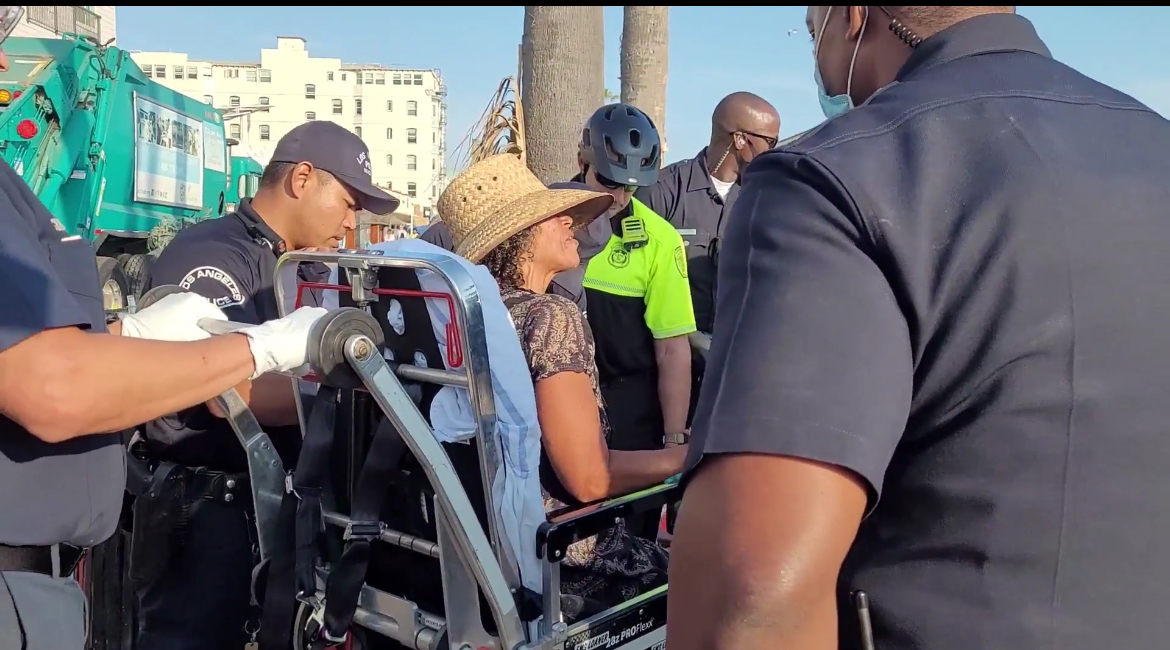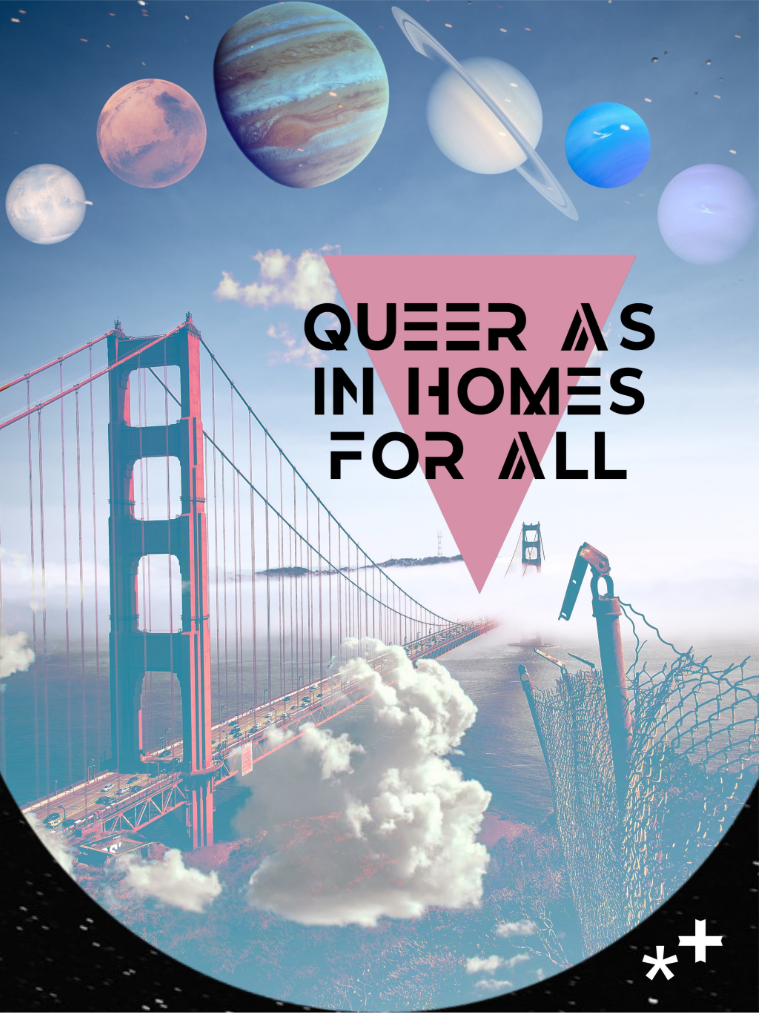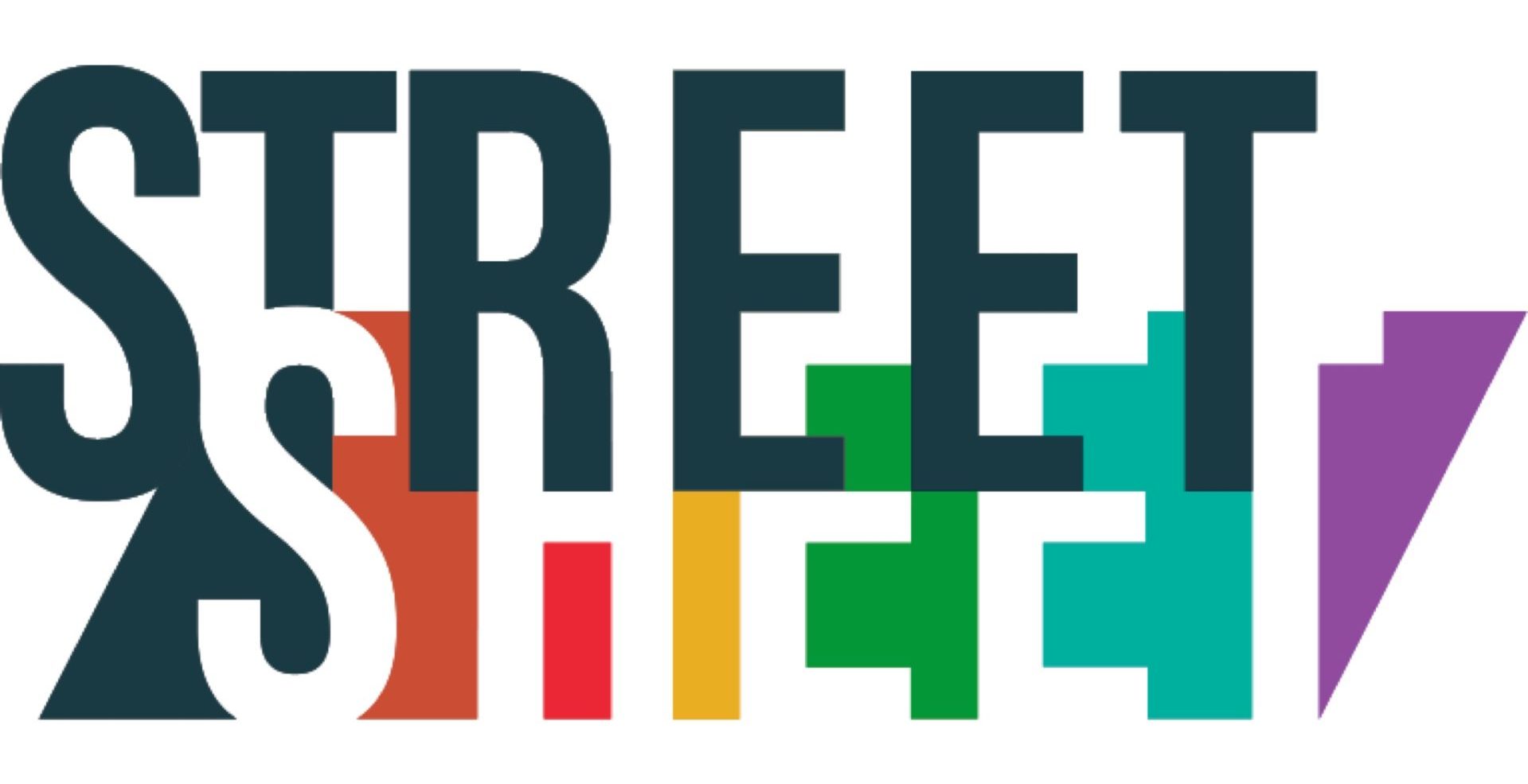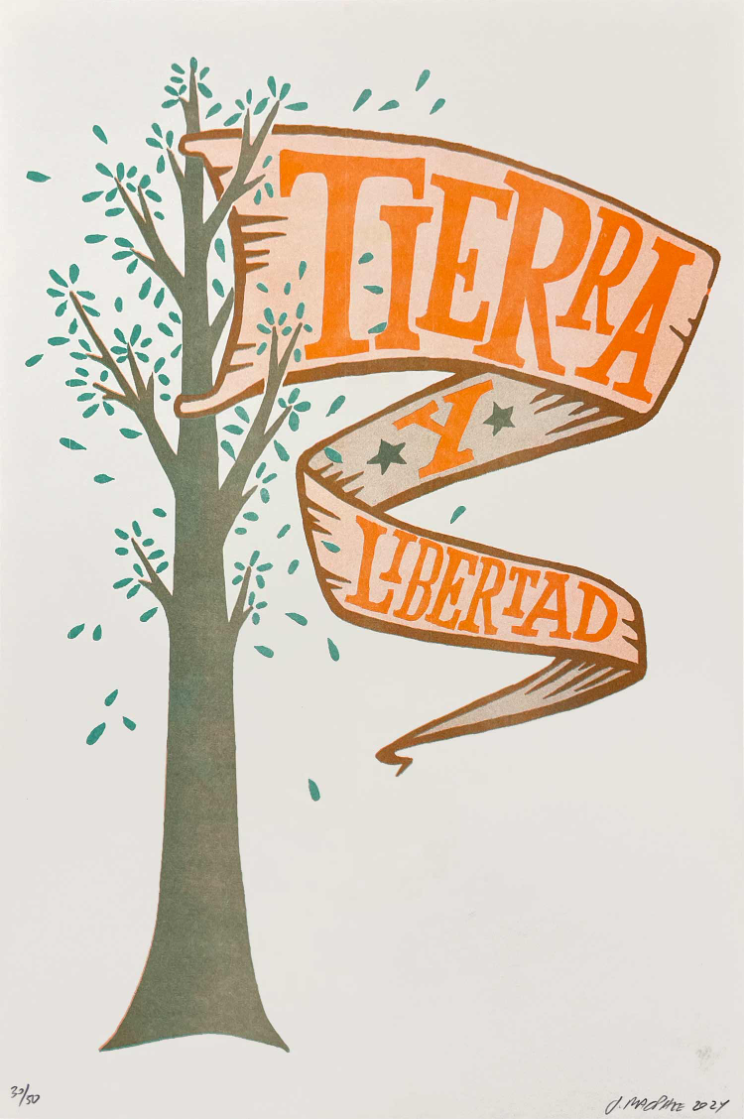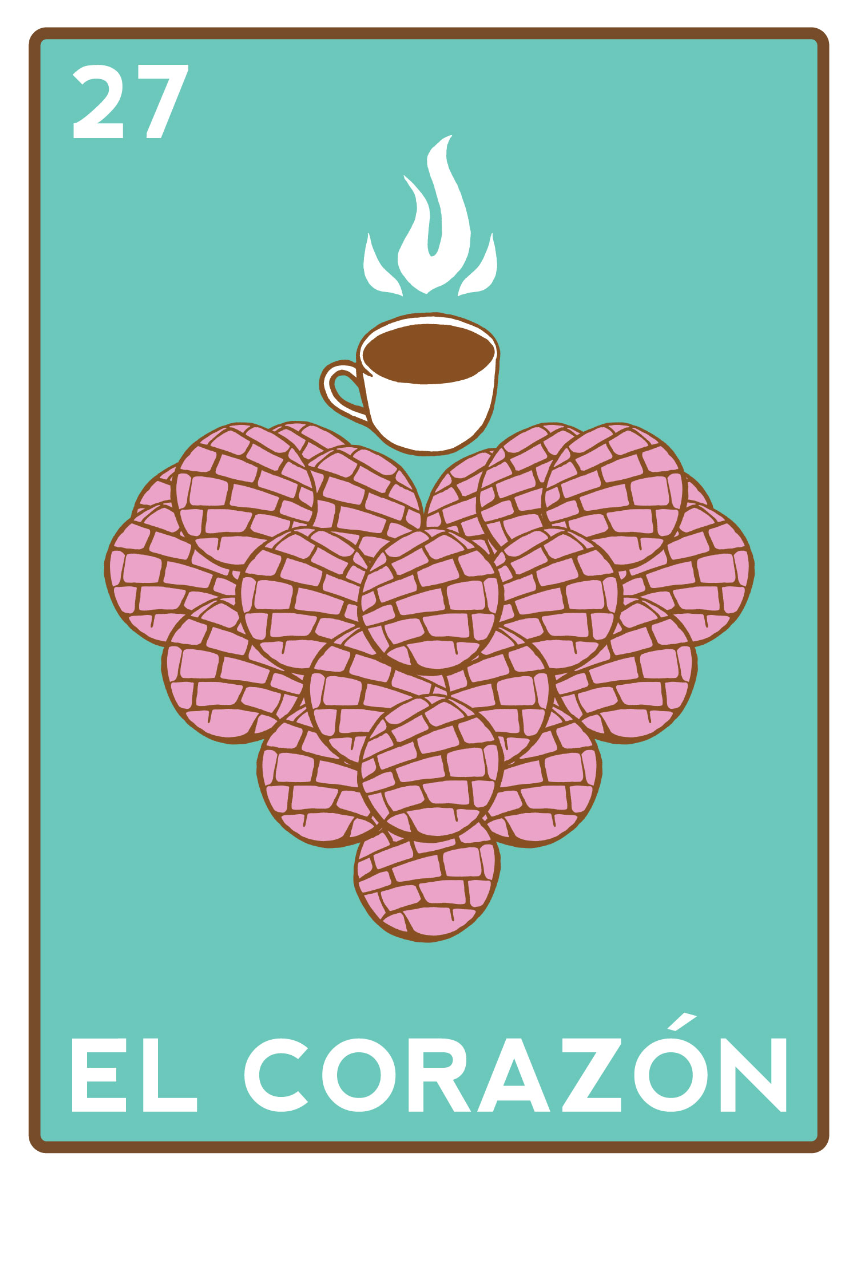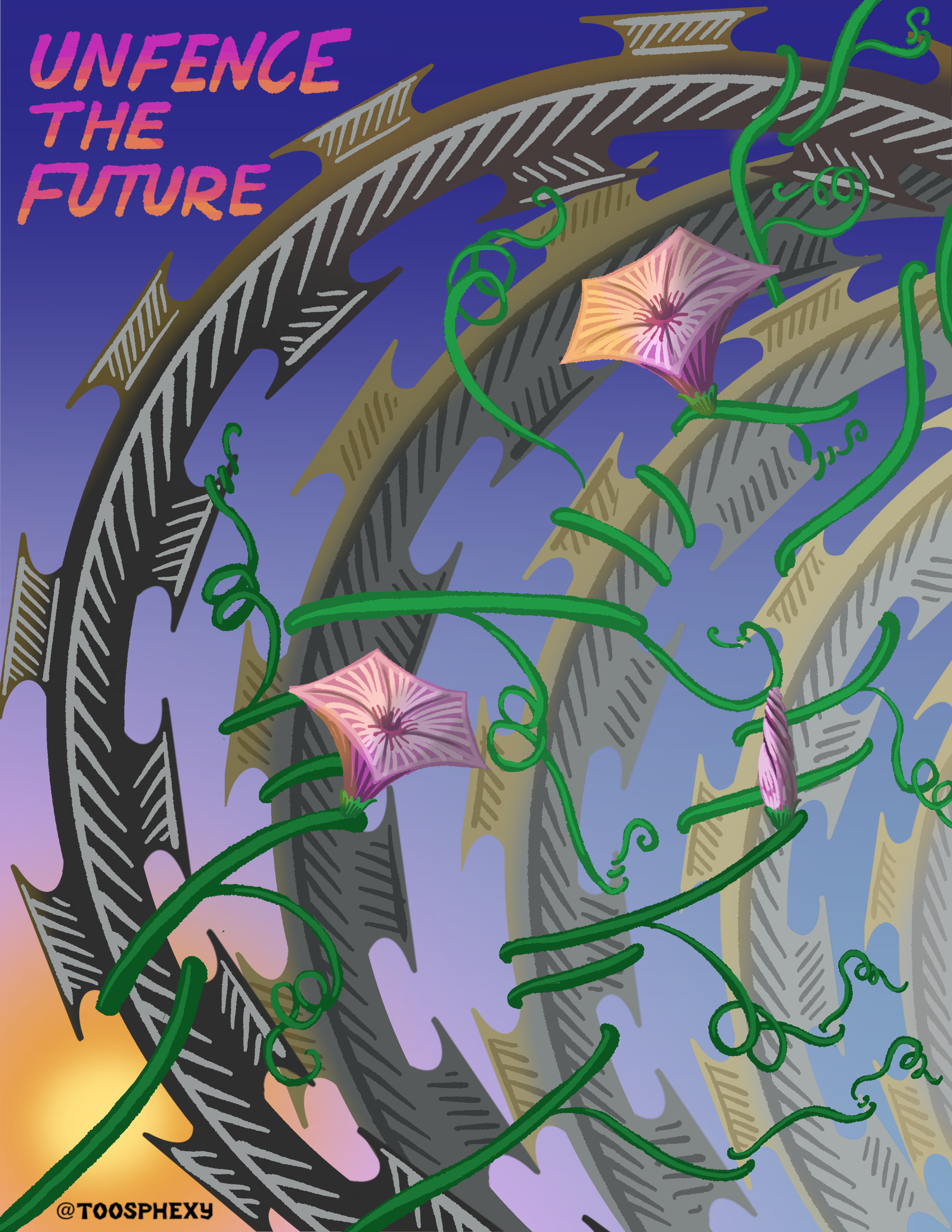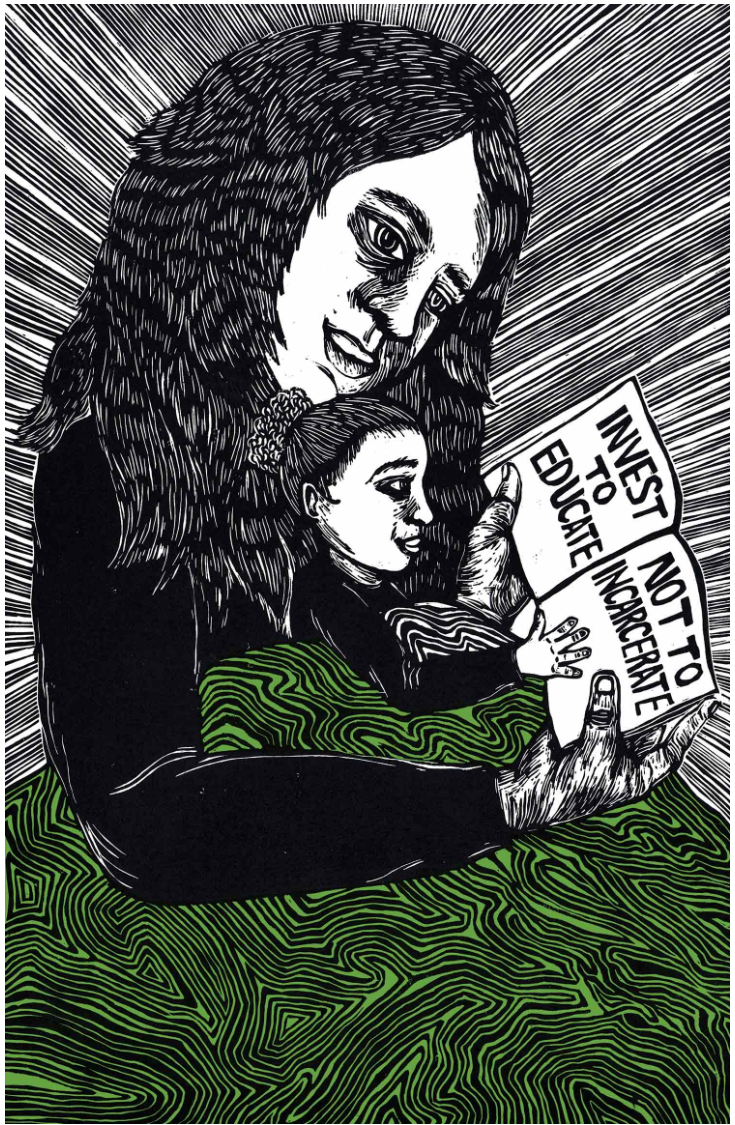by Cathleen Williams, Homeward Street Journal
Maggie, an activist and advocate for the unhoused community, is a single mom who grew up in Venice, California. (Maggie is a pseudonym, to protect her privacy.) Today, few can afford to actually rent in Venice—Maggie lives in an oversized van: “Barely legal,” she says.
When her daughter became delusional, hallucinating, paranoid, reaching a crisis point in her struggle with mental health disability,

